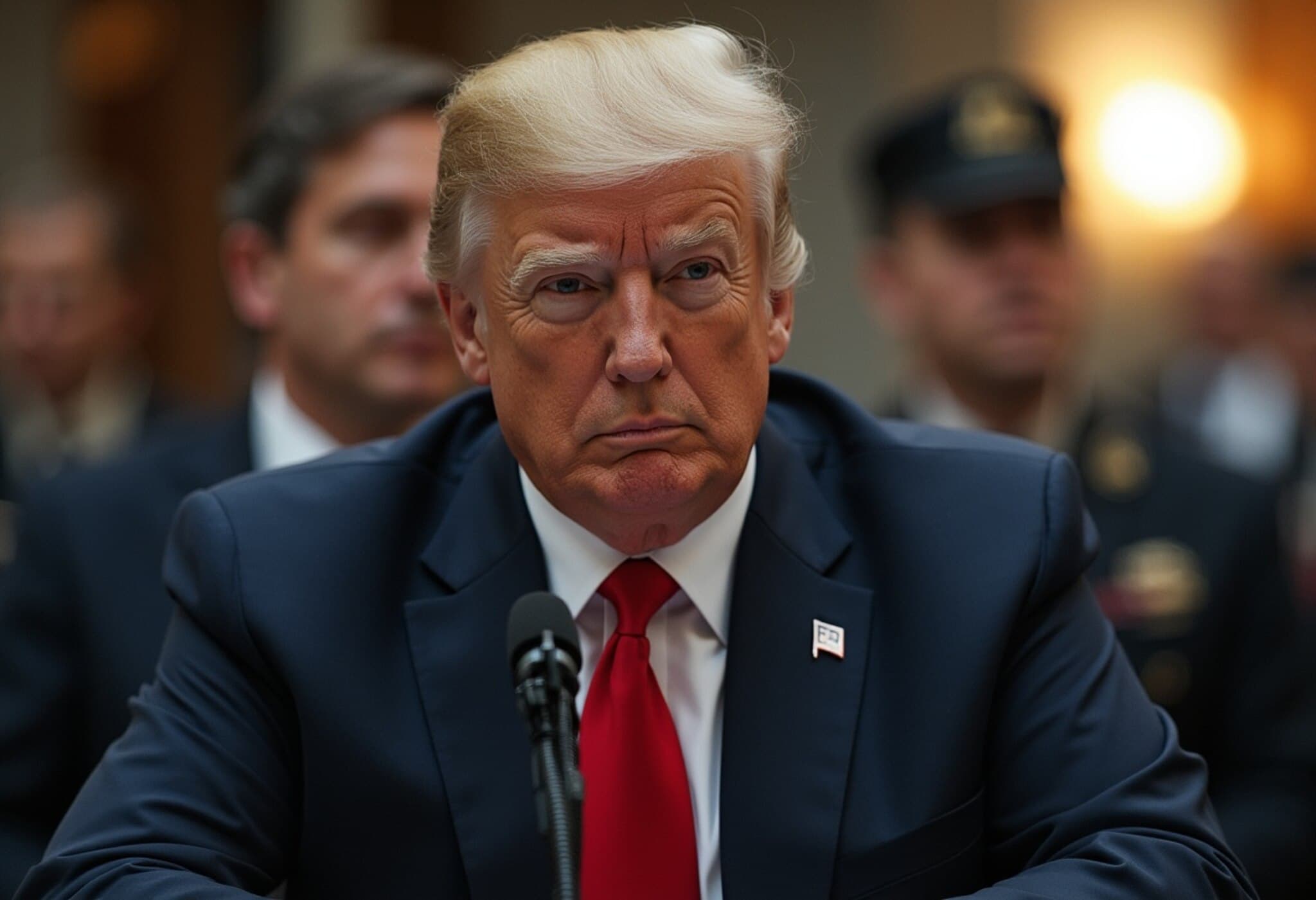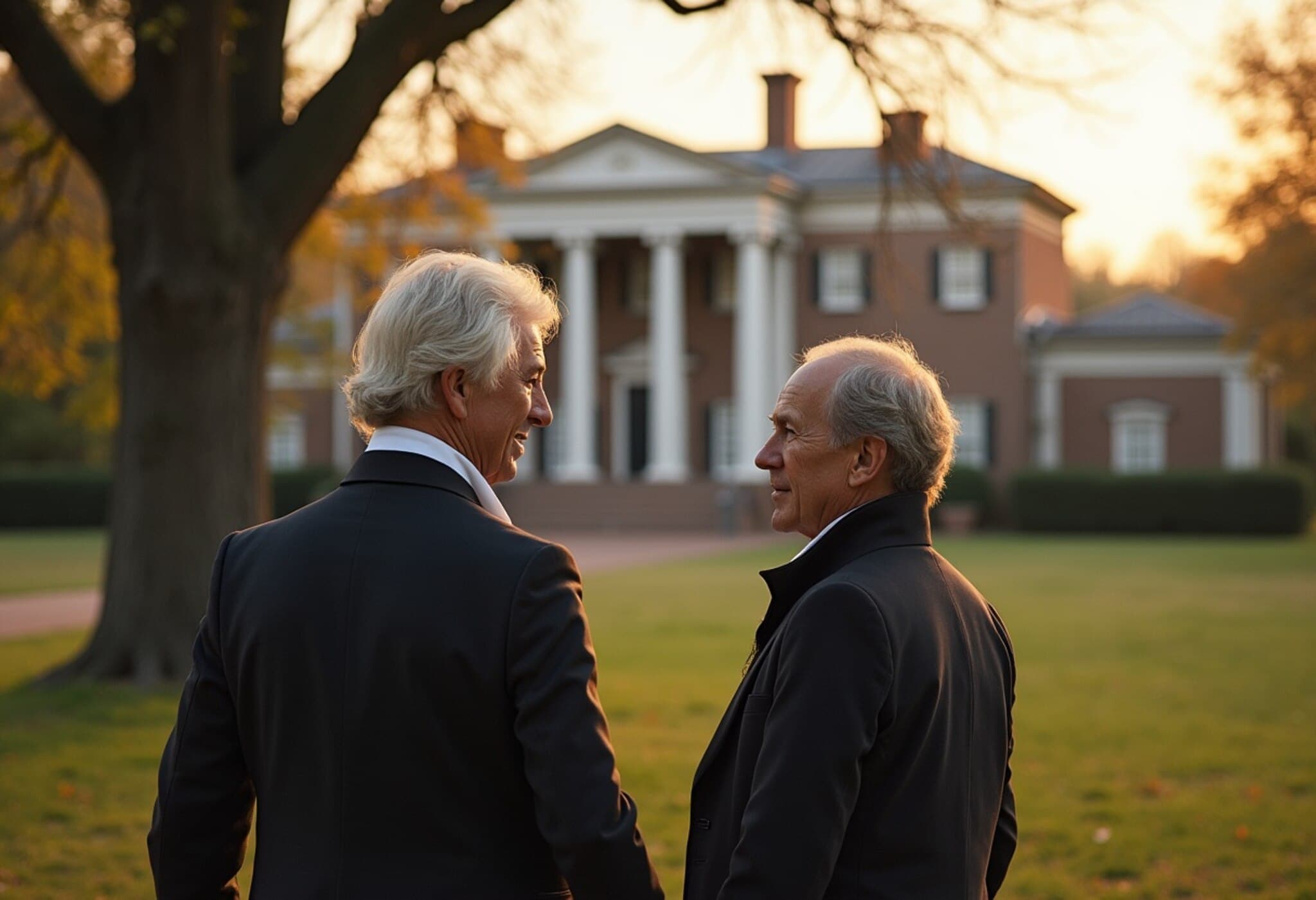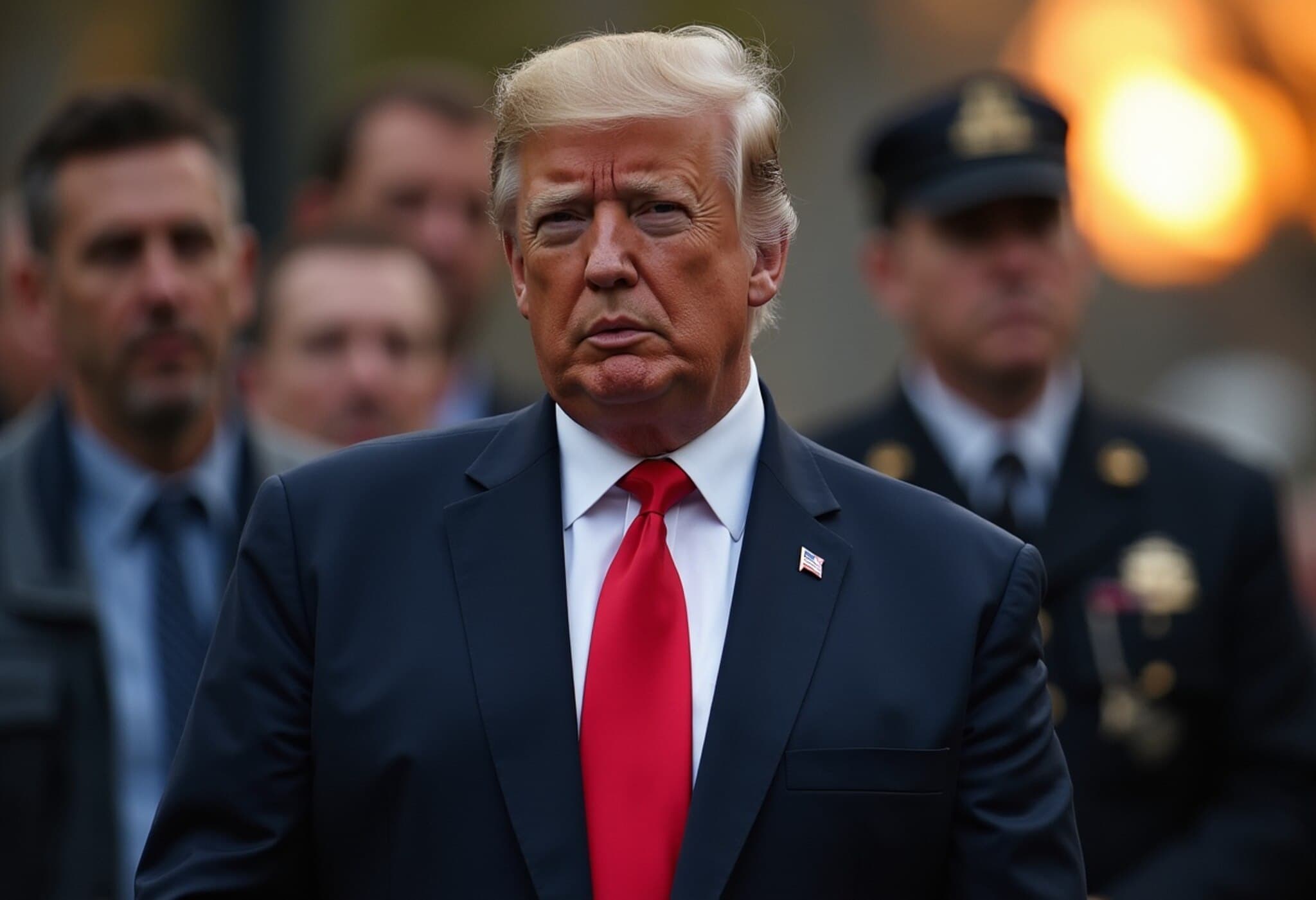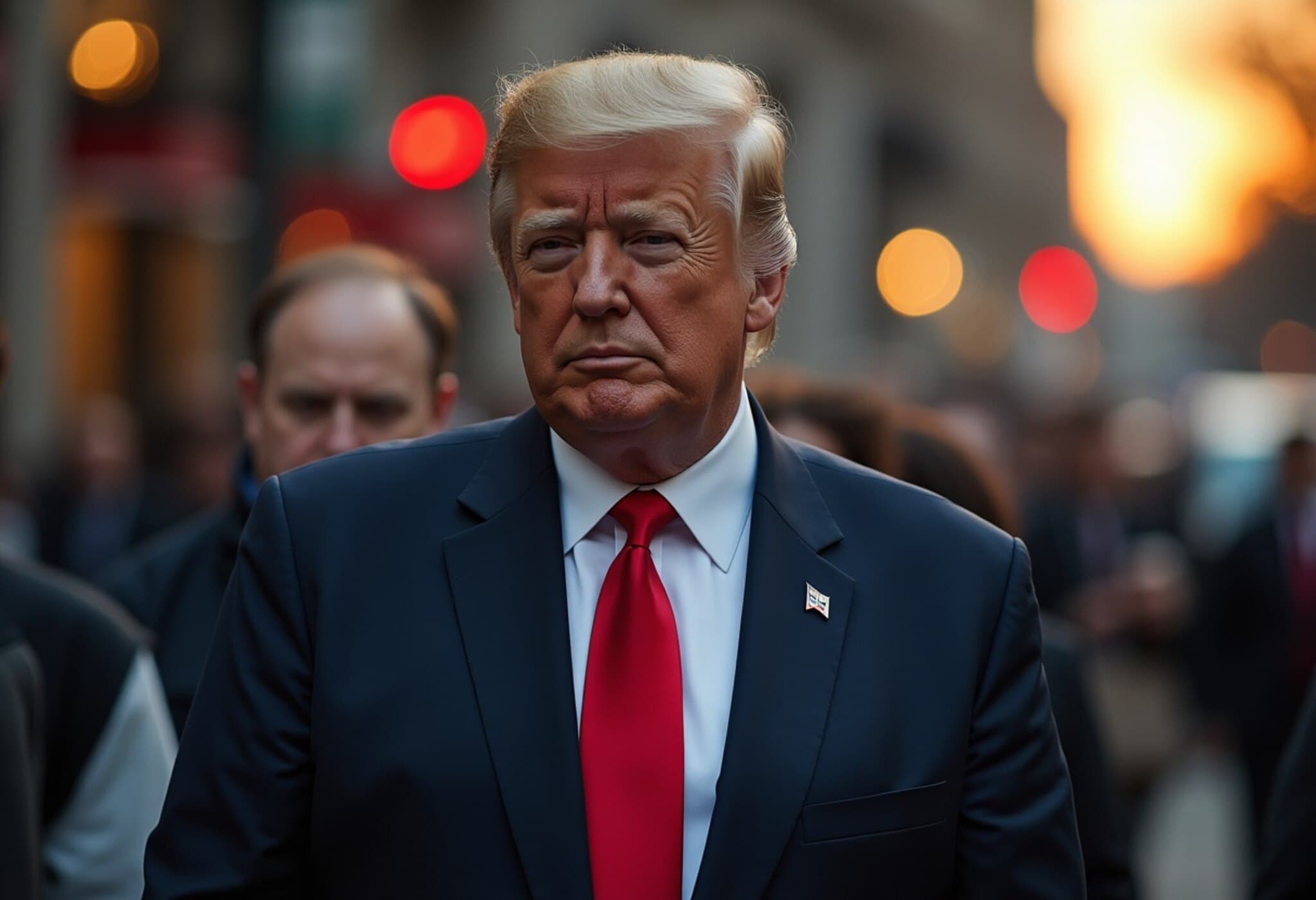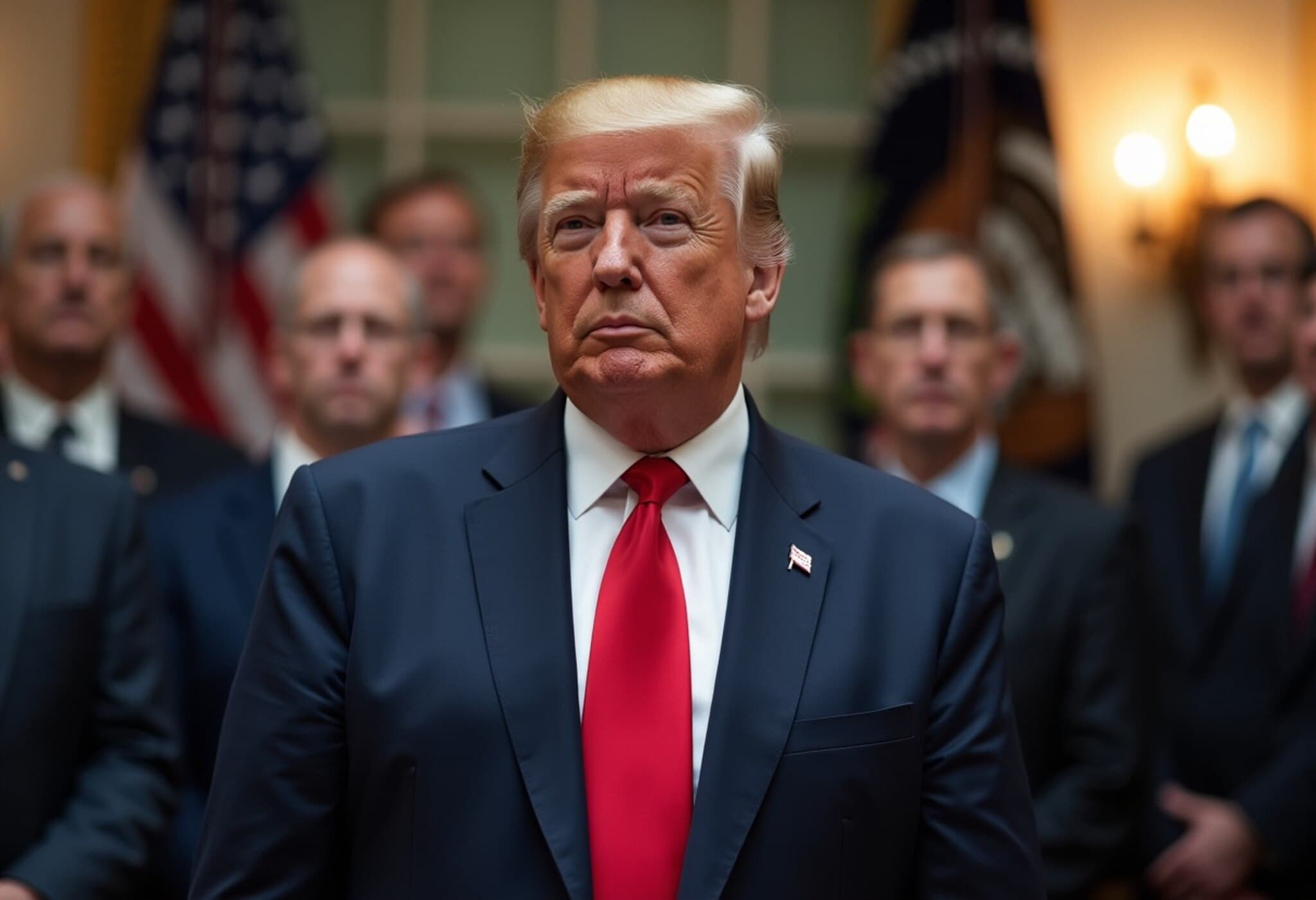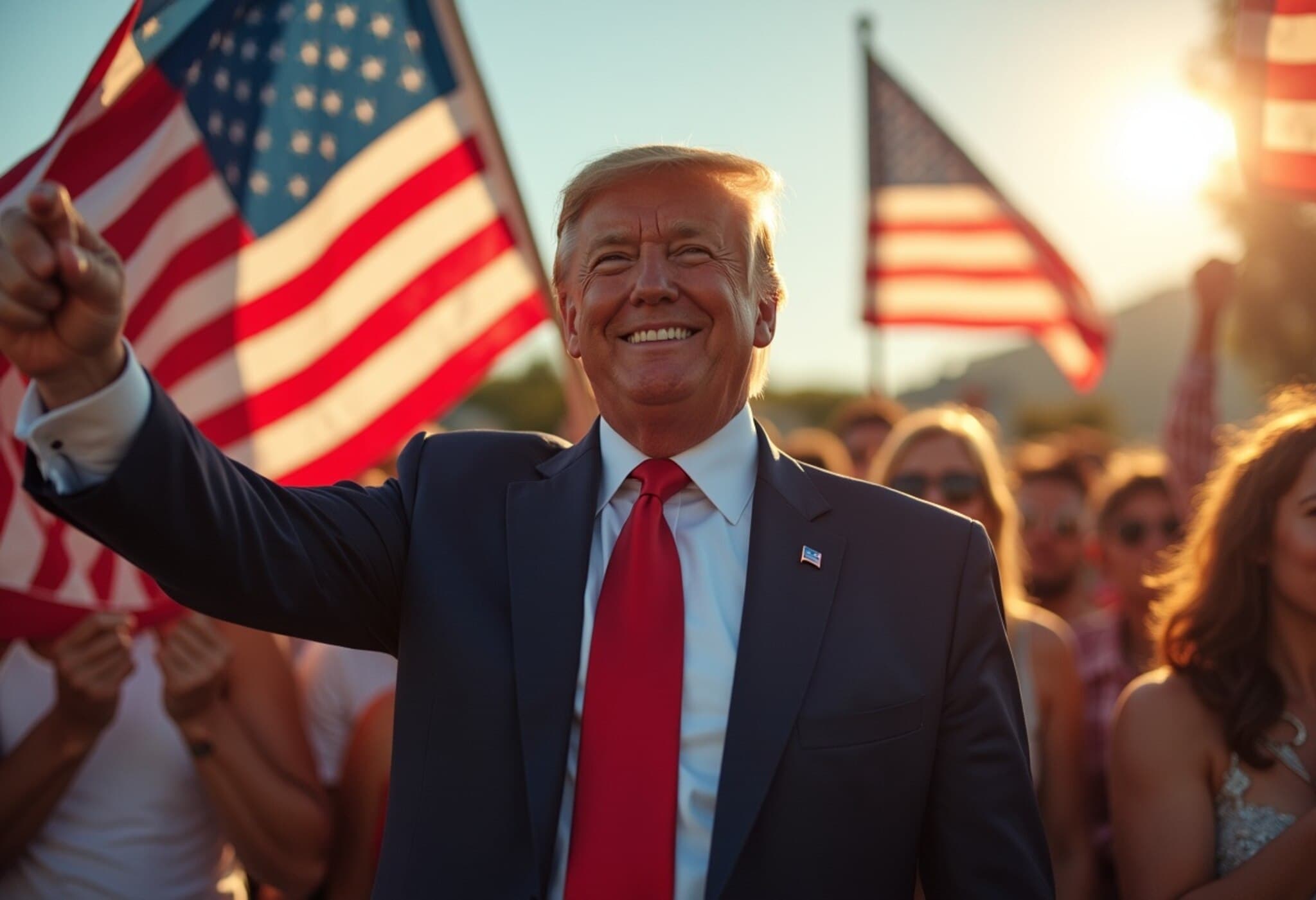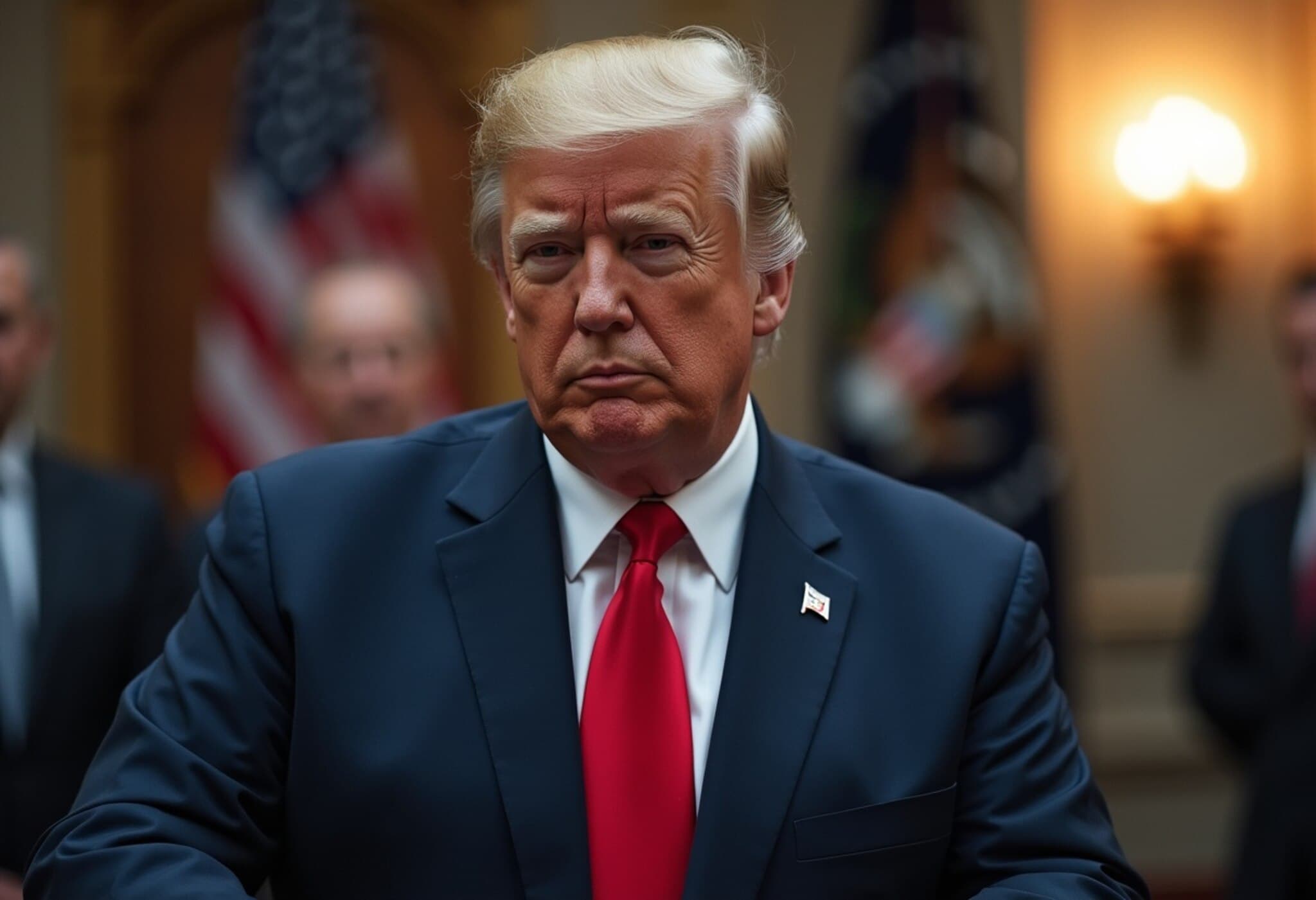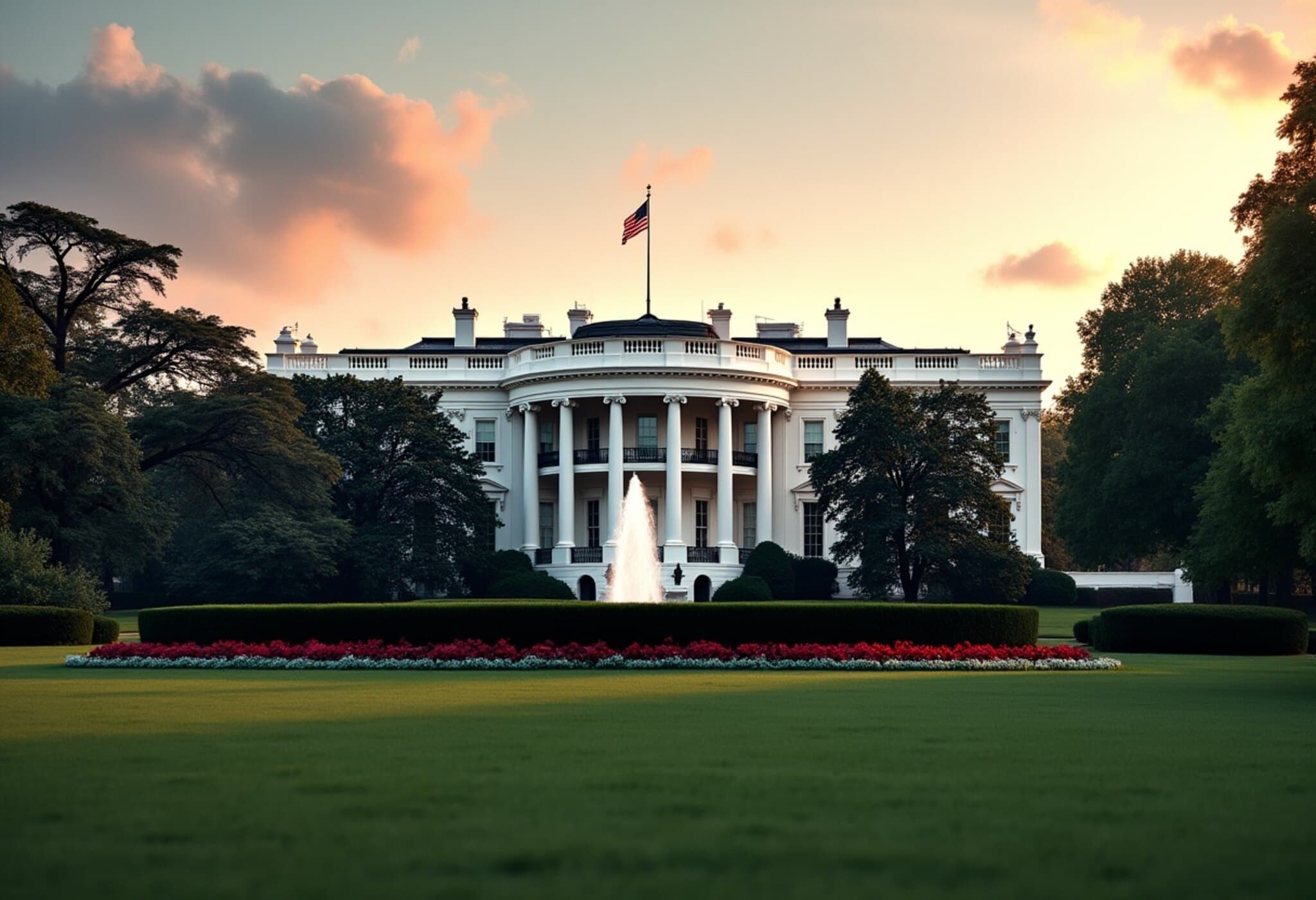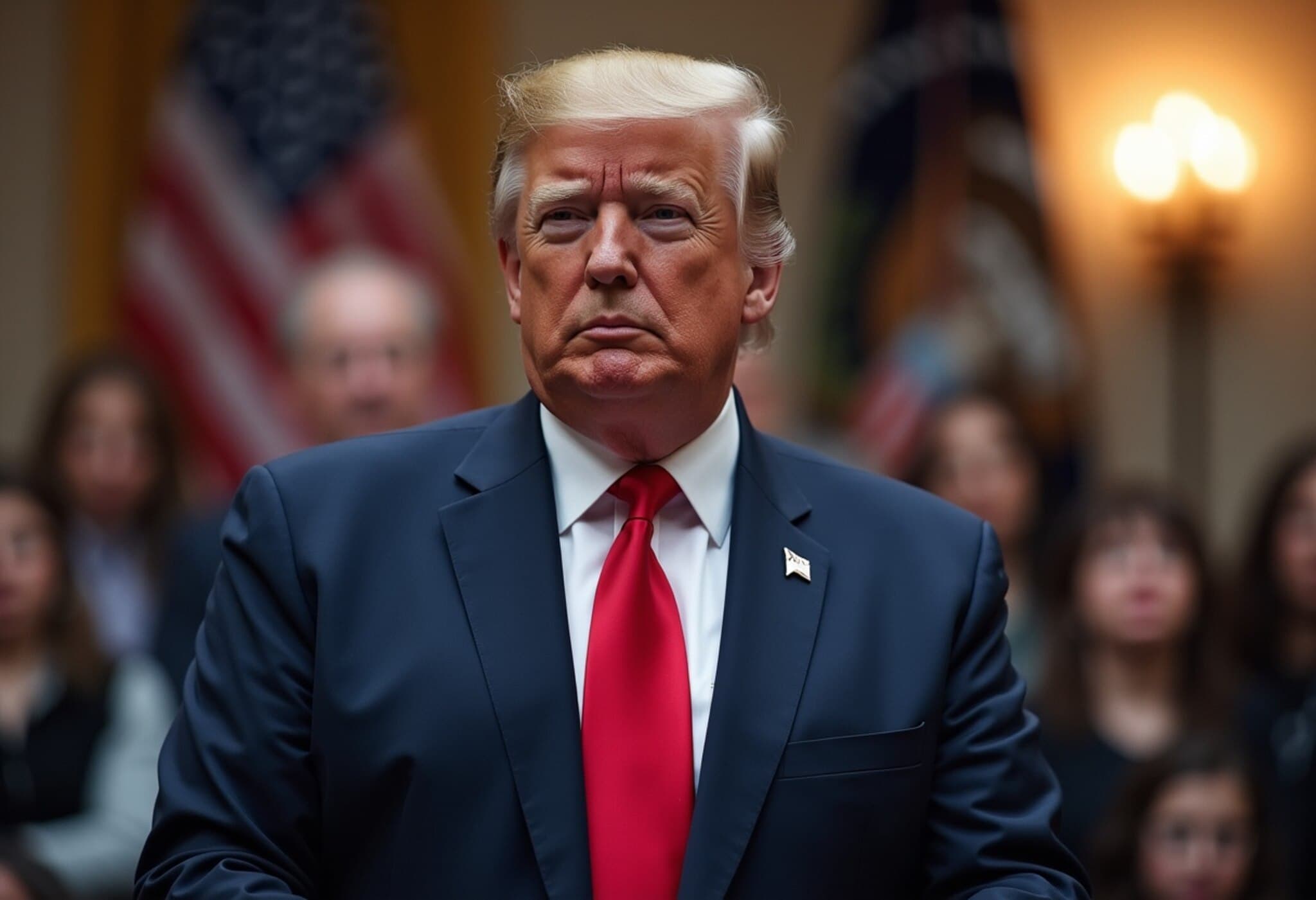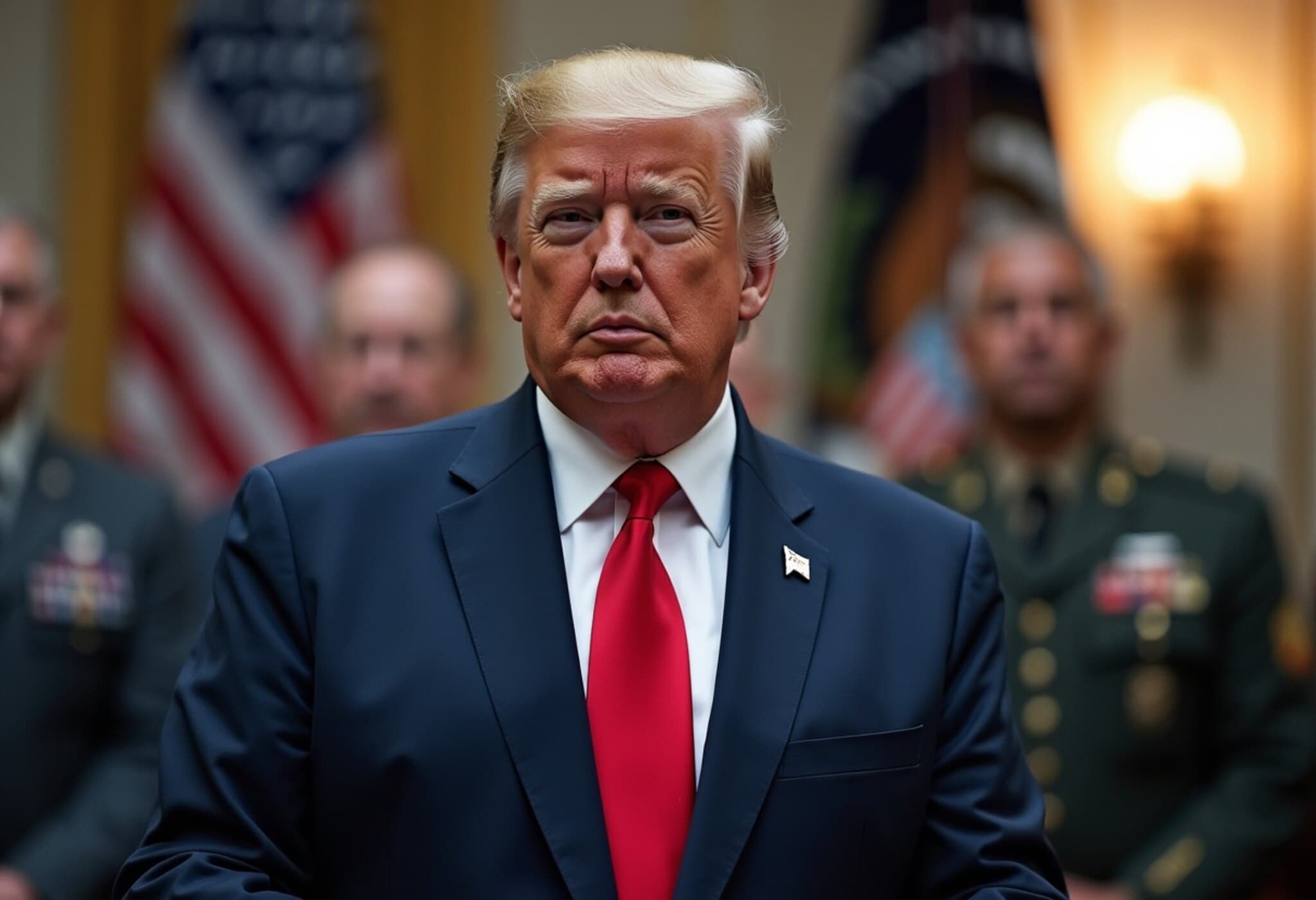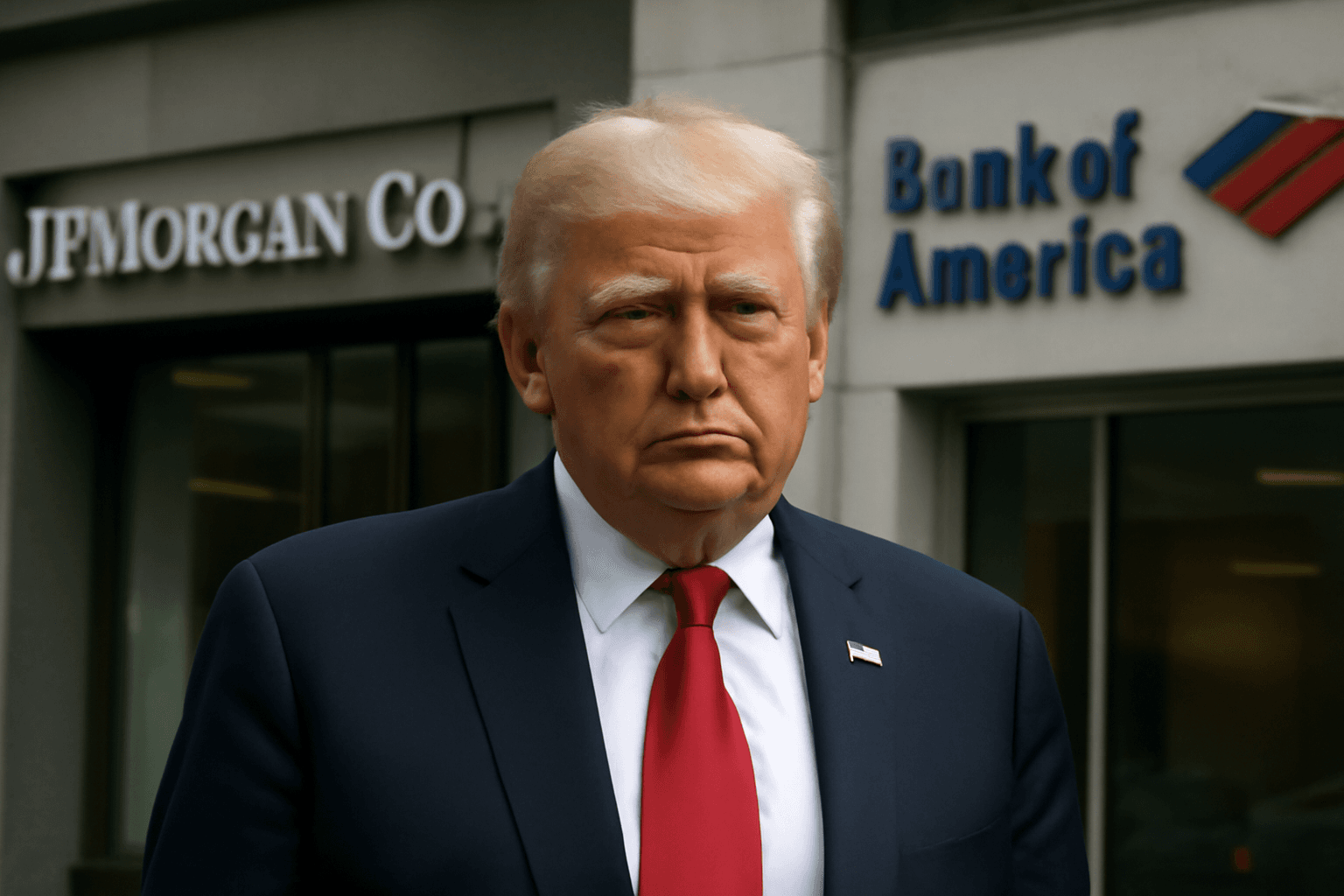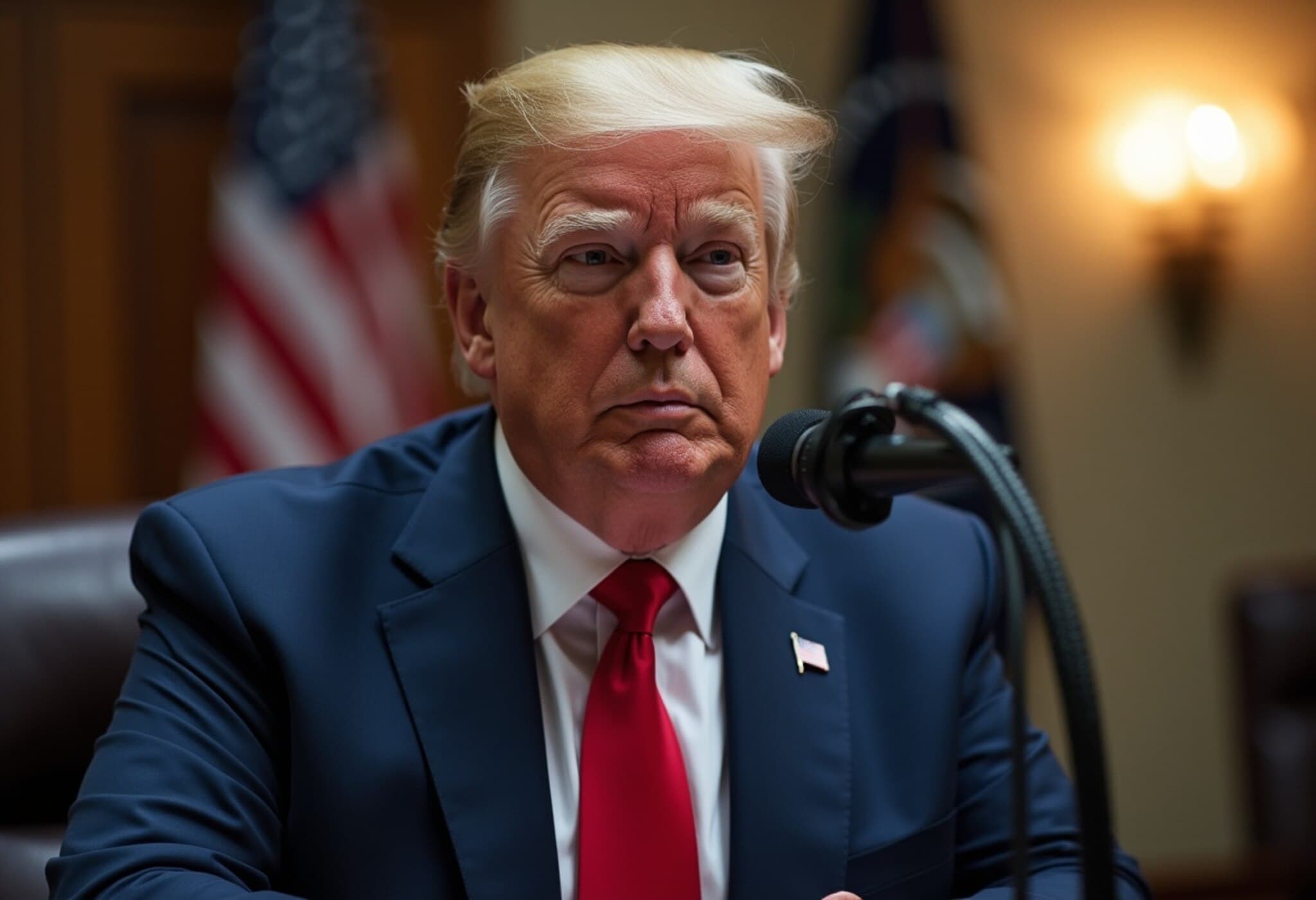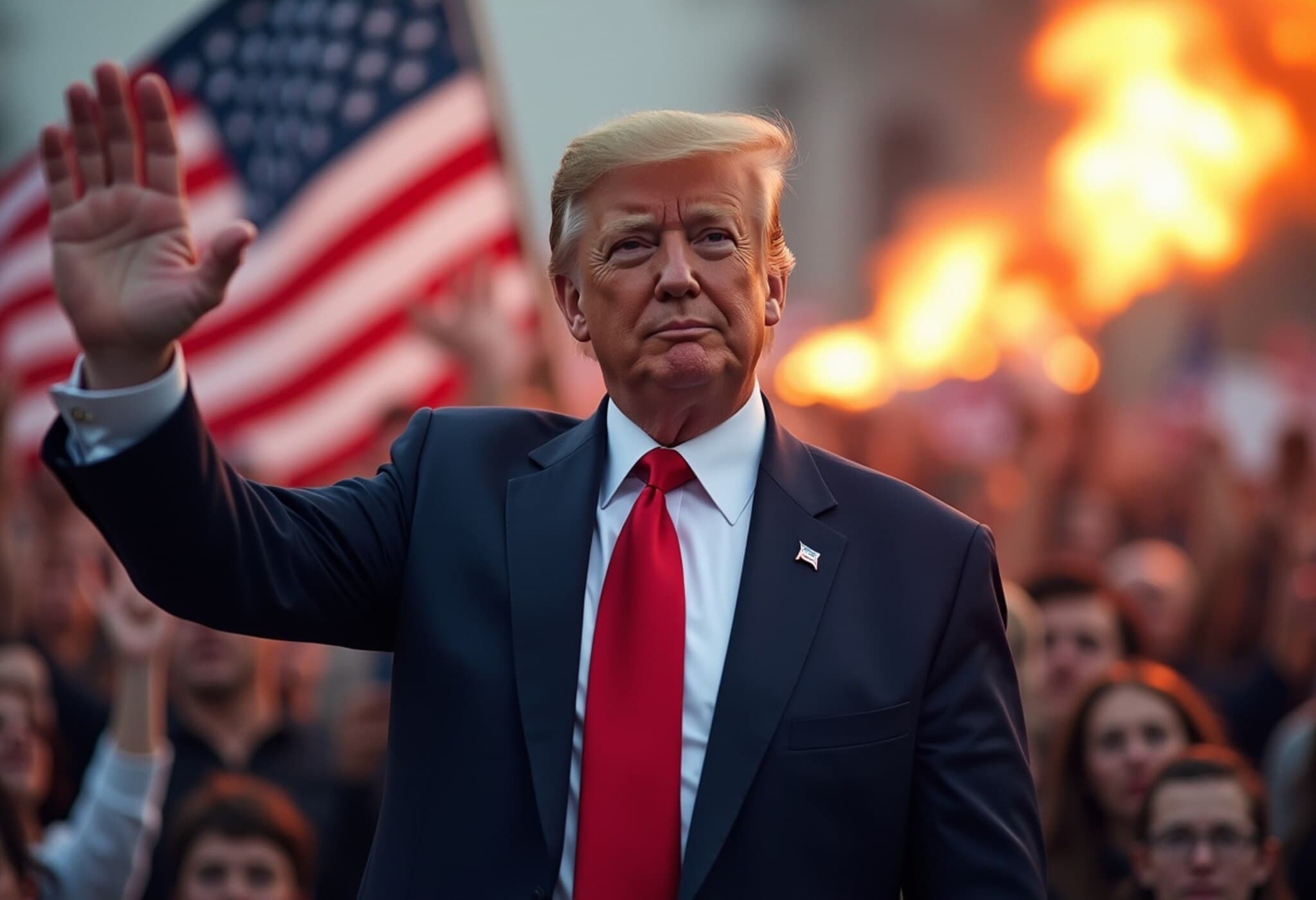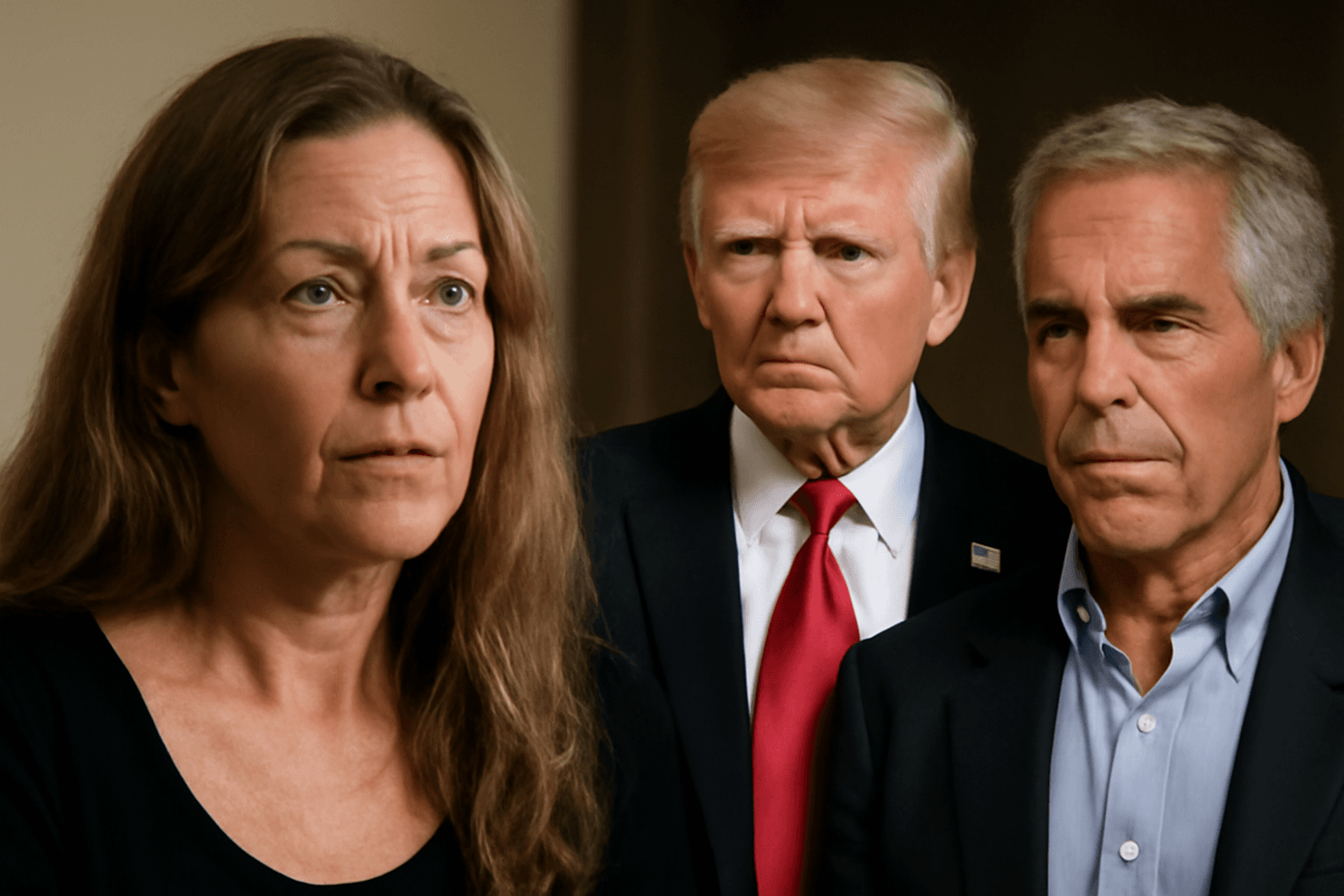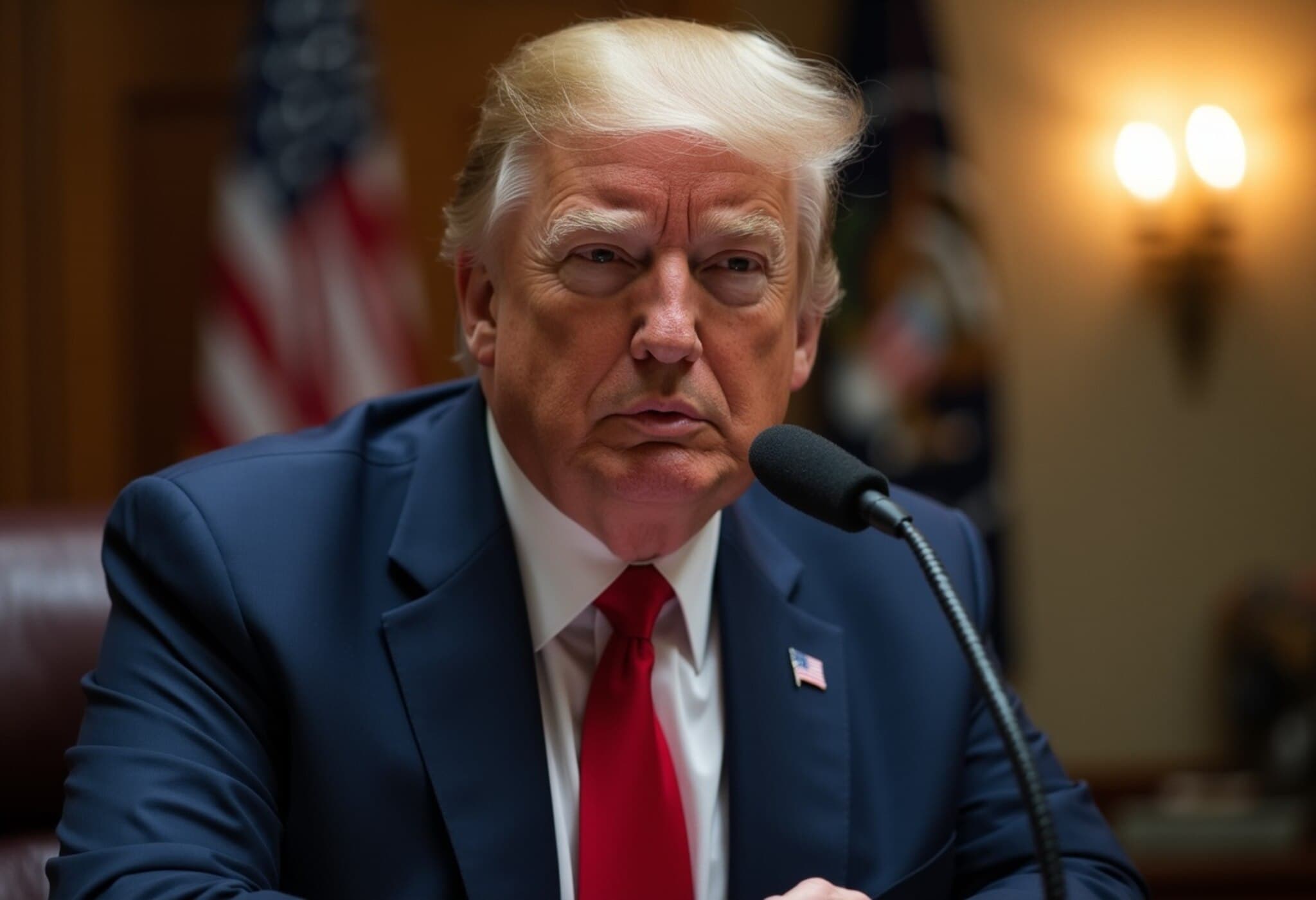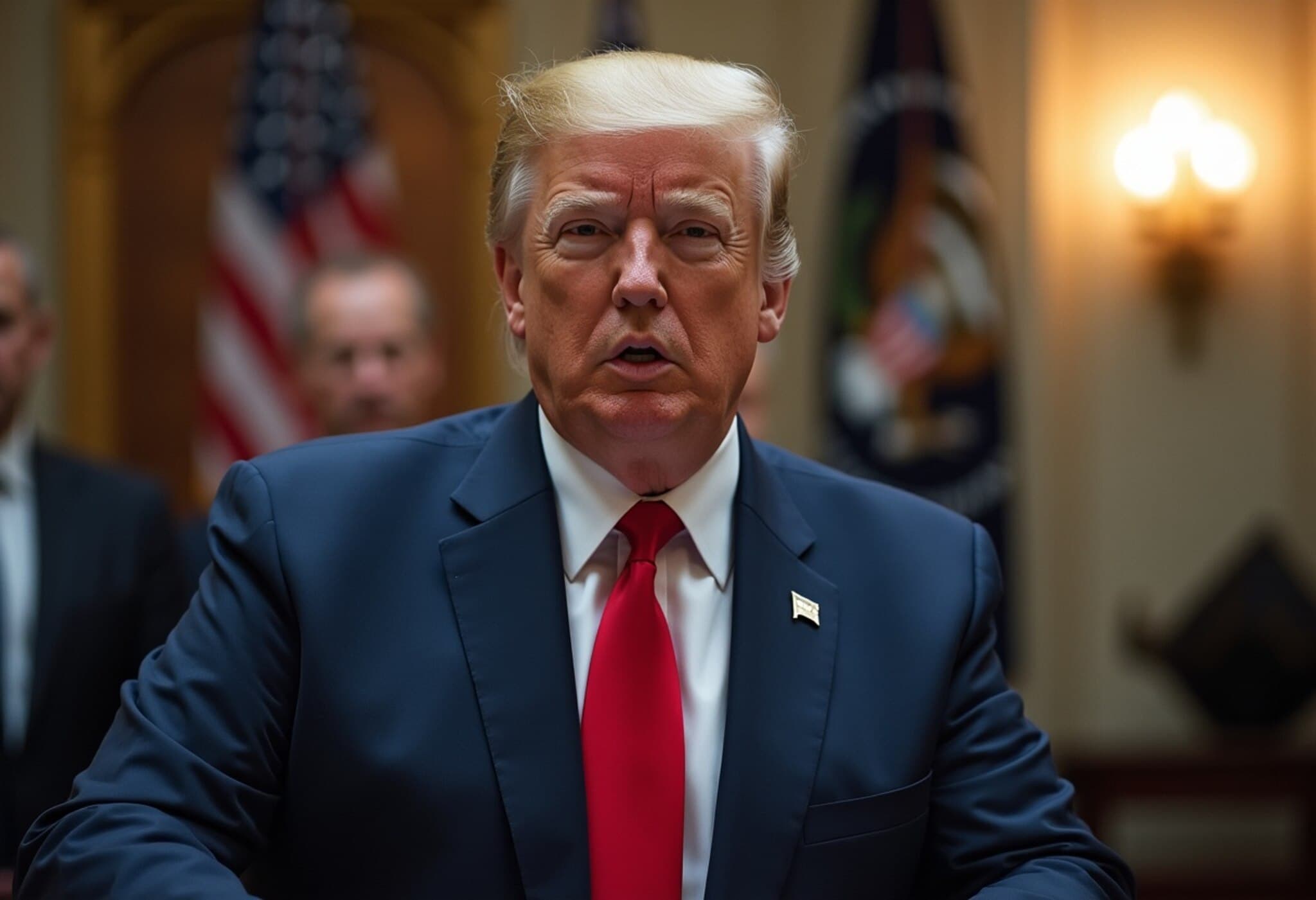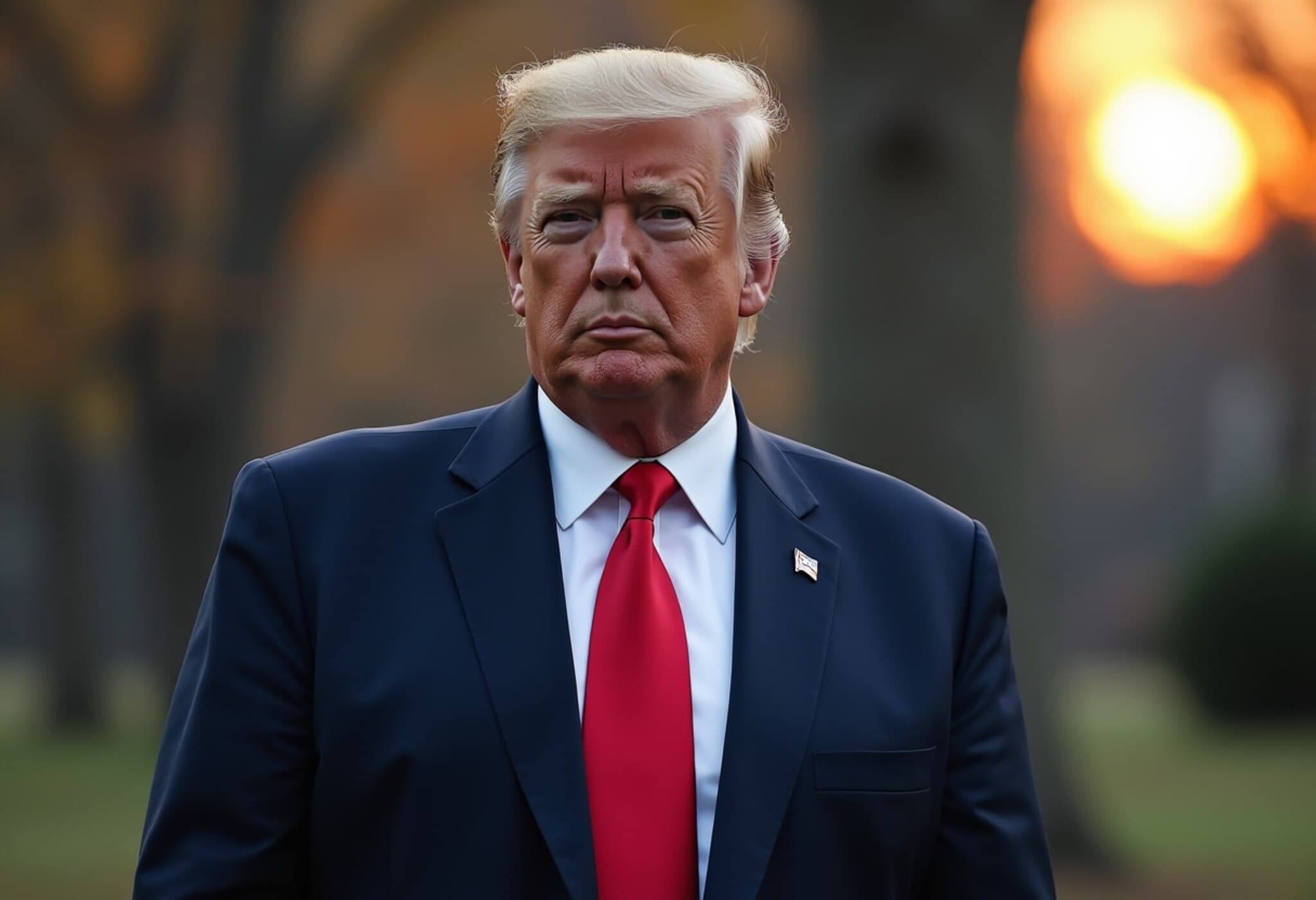The Epstein Files: A Pandora’s Box of Power and Scandal
What began as a quest for justice against Jeffrey Epstein, a deceased convicted sex offender with ties to the world's elite, has morphed into one of the most convoluted political and media sagas of recent times. Known as the Epstein Files, this trove of over 300 gigabytes of information was anticipated by some—especially QAnon and MAGA conspiracy groups—as the smoking gun that would topple a so-called left-wing deep state cabal. Instead, the saga has unexpectedly ensnared powerful figures from the right-wing echelon, including Donald Trump, Elon Musk, and Rupert Murdoch.
From Conspiracy to Reality: The Unexpected Players
For years, conspiracy theorists believed that the Epstein Files held evidence implicating left-wing politicians, particularly Hillary and Bill Clinton, in a sinister underage sex trafficking network. However, as the truth unfolded, it dawned on observers that this narrative had taken an ironic turn—a historical moment some may dub the “Oops, Wrong Cabal Incident.”
Instead, the files spotlighted prominent right-wing figures. Donald Trump, once the U.S. president and still a commanding force in GOP politics, found himself under intense scrutiny. Media magnate Rupert Murdoch also became a central figure, caught between his outlets' divergent coverage. Elon Musk, CEO of Tesla and SpaceX, and one of the world’s wealthiest individuals, unexpectedly thrust himself into the fray, openly criticizing Trump and hinting at the explosive content in the files.
Political Fallout: Allies Turned Adversaries
The revelations triggered a cascade of upheaval within MAGA and conservative circles. Longtime Trump allies like Joe Rogan, Steve Bannon, and Marjorie Taylor Greene publicly recalibrated their loyalties, prioritizing calls to “Free the Files” and distance themselves from Trump amid escalating scandal. Even Dan Bongino, a former Fox News commentator and Deputy Director of the FBI, confessed on air to his disillusionment, highlighting the emotional toll of the scandal on insiders.
Rupert Murdoch: A Tale of Two Media Giants
Rupert Murdoch’s media empire demonstrated a stark dichotomy. The Wall Street Journal, renowned for its journalistic rigor and firmly under Murdoch’s ownership, boldly published a salacious 2003 birthday letter from Trump to Epstein—an unflinching exposé shedding light on disturbing ties. Conversely, Fox News, another Murdoch flagship, seemingly buried the Epstein Files revelations under a torrent of distracting headlines focused on Democratic figures Joe Biden and Hillary Clinton.
This split highlights the broader challenge of media objectivity within conglomerates that straddle different political markets and audiences, raising critical questions about editorial independence versus commercial or ideological interests.
Elon Musk’s Bold Assertions and the AI Angle
Elon Musk, who once was seen as a somewhat apolitical tech entrepreneur, has stepped into the spotlight as an outspoken critic of Trump regarding the Epstein saga. On June 7, Musk tweeted a provocative message: “Time to drop the really big bomb: @realDonaldTrump is in the Epstein files. That is the real reason they have not been made public.” Although Musk later deleted the post, it coincided closely with reports that Florida Attorney General Pam Bondi had briefed Trump about his name appearing in the files.
Yet Musk’s motivations are complex. While one might hope his calls to expose truth stem from concern for Epstein’s victims—estimated to number around 200—this intention is clouded by his decision to engage AI chatbot Grok in the controversy, inadvertently amplifying extremist online voices with troubling ideologies. This intersection between cutting-edge technology, social responsibility, and misinformation remains a pressing concern in media ethics.
Trump’s Complicated Position: From Boastful to Defensive
Historically, Donald Trump has been dismissive or boastful regarding accusations of sexual misconduct. But the Epstein Files appear to have changed his public posture, at least superficially. Trump's once-brash assertions have given way to more cautious denials, most notably his claim that he “never had the privilege of going to Epstein’s island.” The choice of the word “privilege” is telling, considering Epstein’s island is notorious for the abuse and trafficking of minors—a privilege that devastatingly belies the victims’ harrowing experiences.
Trump has also made controversial claims about Epstein poaching staff from his Mar-a-Lago spa. Among those was Virginia Giuffre, a teenager at the time and a confirmed Epstein victim who tragically died by suicide earlier this year. Referring to Giuffre as someone Epstein “stole” illustrates the dehumanizing language often tied to this dark chapter and highlights the profound personal and societal scars left by sex trafficking.
Looking Beyond the Headlines: Justice, Politics, and Media Responsibility
The Epstein Files saga is more than another scandal consumed by political rivalries; it’s a mirror reflecting the grave vulnerabilities and systemic failures that allow abusers to operate in the shadows. While political factions have weaponized the files for partisan gains, the central issue remains the justice and healing owed to survivors.
As the story unfolds, it raises essential questions about transparency, accountability, and the role of media magnates like Murdoch in shaping narratives. It also exposes how powerful individuals can suppress or manipulate information to protect themselves, undermining public trust.
What Comes Next?
- Will the Epstein Files be fully released, allowing independent investigations to proceed unimpeded?
- How will justice systems reconcile the political pressures surrounding such high-profile figures?
- What are the ethical responsibilities of media organizations and social platforms in reporting and moderating such content?
- How can survivors’ voices be centered amid the political noise?
These challenges underscore a broader societal imperative to dismantle the structures enabling abuse and silence.
Editor’s Note
The intertwining of the Epstein Files with figures like Trump, Musk, and Murdoch reveals a complicated web where power, politics, and media collide—often at the expense of truth and victim dignity. This unfolding saga challenges us to look beyond partisan narratives and prioritize systemic reform and survivor support. As this story evolves, critical scrutiny and ethical journalism will be essential in ensuring that justice transcends political gamesmanship.
Melanie La’Brooy is an award-winning novelist and commentator on global politics and social justice, bringing nuanced analysis to complex contemporary issues.

